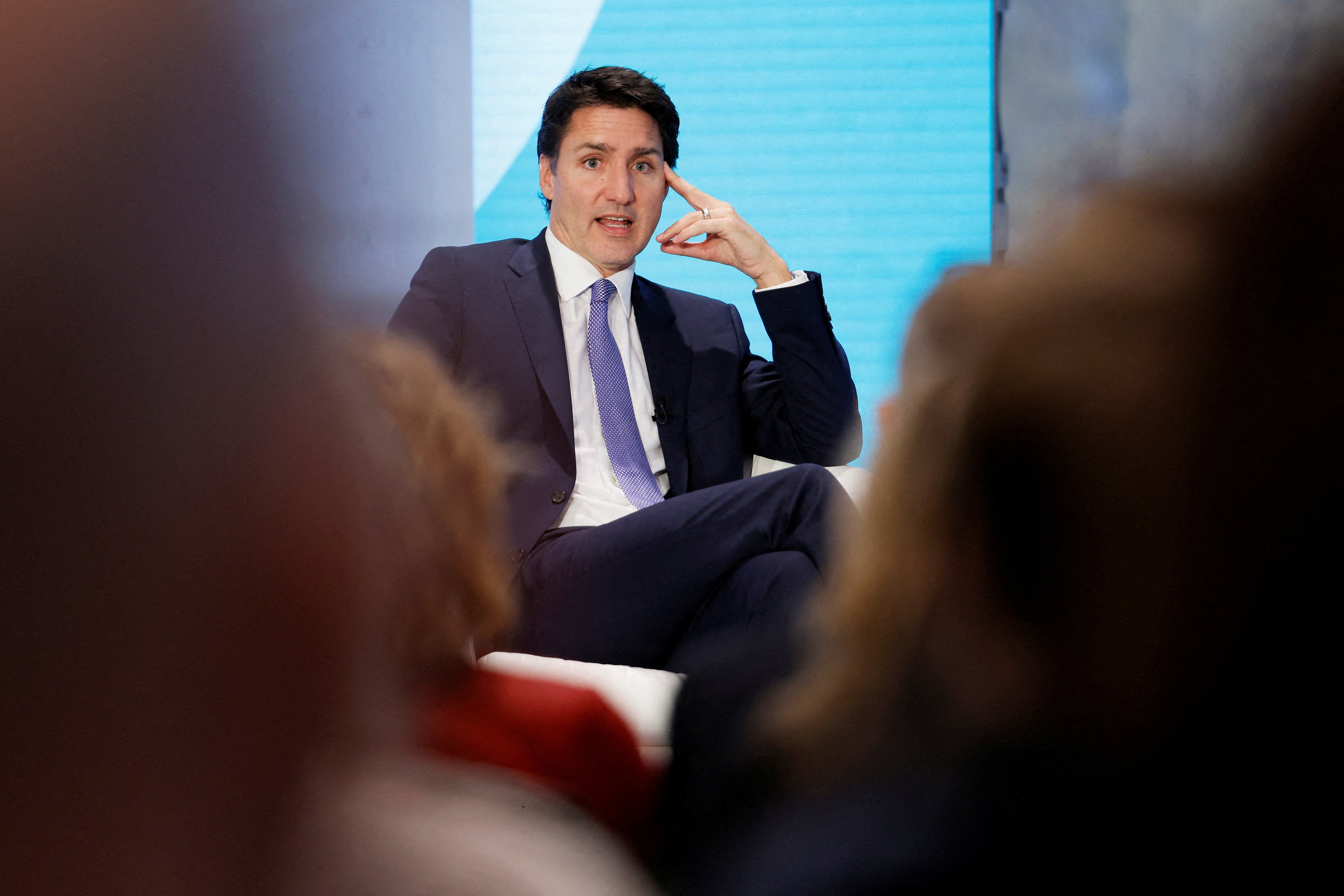Canada’s Online News Act, introduced last summer to force revenue-sharing on tech giants, backfired badly when Meta decided to block Canadian news outlets from their platforms rather than pay up.
Bill C-18 and the tech giants’ response to it spelled trouble for a media industry already in crisis – traffic and revenue plummeted. It was bad news for PM Justin Trudeau, whose revenue-sharing law was intended to improve things for media outlets, not make things worse, and it opened him to criticism that he was incompetently wrecking an industry he was trying to help.
But this week brought a turn in fortune. Canada reached a deal with Google that will see the tech giant compensate Canadian news outlets for linking to their stories. The deal, which requires Alphabet to pay between $100 million and $172 million a year, is a huge relief to Trudeau after months of withering criticism.
Facebook and Instagram are still blocking news links from Canadian publishers, and there is no indication that Meta wants a deal under any circumstances.
Google and Meta were undoubtedly nervous about an open-ended requirement to pay what could set a pricey precedent for them in other jurisdictions. However, according to the CBC, Ottawa will introduce regulations allowing Google to negotiate with a group representing all media organizations, thereby limiting its arbitration risk. Similar laws are being considered in Washington state and California.
The money in question – well below $200 million – is not huge considering that Google has about half of all of the $14-billion digital advertising revenue in Canada in 2022.
Reaction in Canada is mixed. The deal comes as a relief, but it will not save the industry. In both Canada and the United States, the rise of digital advertising has bled revenue from traditional media, leading to job losses and growing news deserts, or areas without a local newspaper. The Trudeau government responded with this bill and with government subsidies: The recent fall economic statement included $129 million, for example, for news organizations through a tax credit for up to $29,750 per journalist.
But such government backing may come at a price. Increasingly, Conservatives are warning that news organizations will be motivated to support the Liberal government in order to keep the money flowing.



















